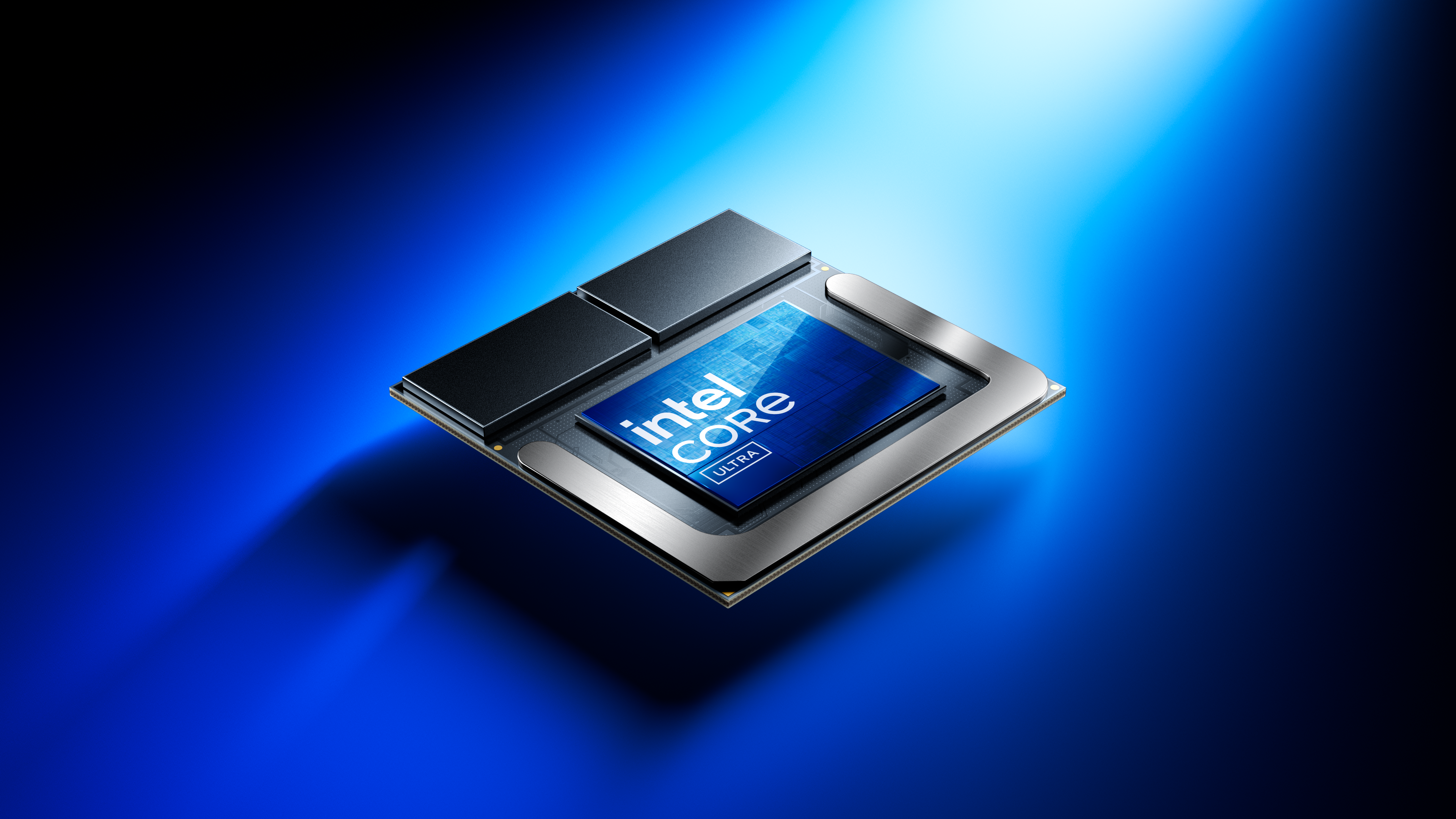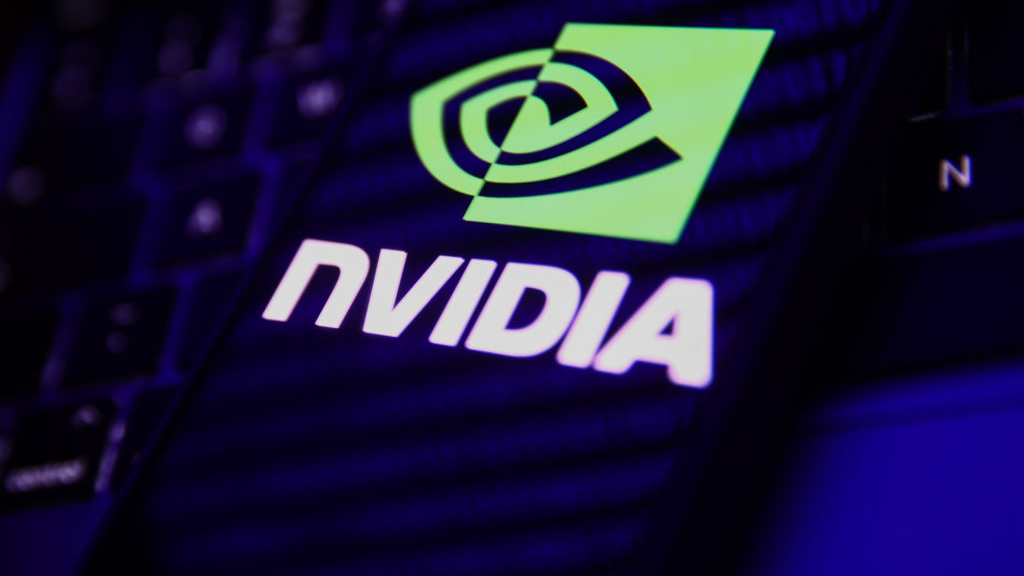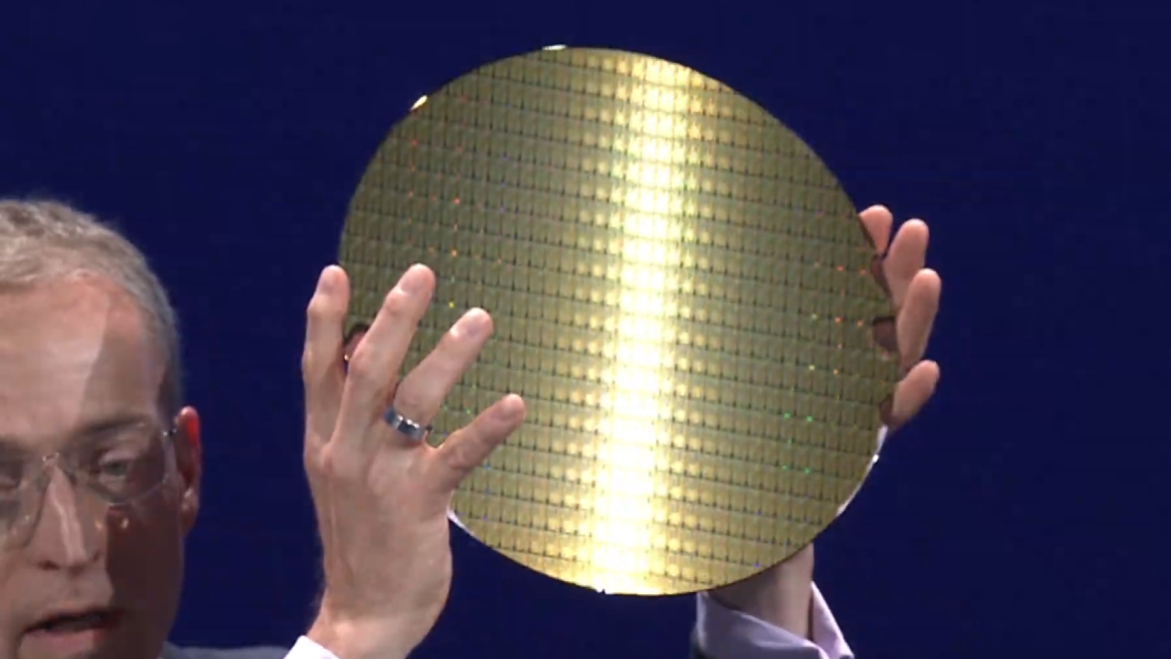
Listen, I absolutely get it. Intel has not had a good second half of 2024.
It has had to lay off over 100,000 people in cost-saving measures in recent months. Its Arrow Lake processors, which I personally reviewed and found rather meh, are rather underwhelming as far as performance goes (at least in the sense that they didn't offer any real gen-on-gen performance improvement over Intel Raptor Lake Refresh).
On the data-center side, meanwhile, Intel is getting its clock cleaned by Nvidia in terms of producing AI data-center chips, something Intel hasn't done in a dedicated sense previously, so everyone is buying Nvidia Taiwan-produced TSMC silicon for its latest AI processors that are doing the work that five or 10 Intel Xeon processors used to do.
So people in the financial press, and increasingly in the tech press, are speculating that Intel might be a takeover target for a rival like Apple, Qualcomm, or Samsung, and people are taking these reports seriously.
All I have to say is anyone who takes these reports seriously doesn't understand the geopolitical conditions of the semiconductor industry, all of which point to Intel remaining an independent company producing chips in the US.
Intel's position in the market
As I said, Intel's position in the market isn't great right now, but it's not catastrophic. It's still a very successful company that produces great products. Even the most recent Intel Core Ultra processors are only a disappointment in that they aren't better than previous Intel products, but they are better (in terms of performance) than arch-rival AMD's Ryzen 9000-series chips.
Ultimately, we are not going to see 15-20% gains gen-on-gen with general-use processors anymore. Moore's Law is a thing, and TSMC's 3nm chips have about as small a transistor are you're going to be able to produce in silicon.
Any smaller and the actual stream of electrons that make a processor function is going to physically warp the dozens of atoms that make up a given transistor in the first place, leading to errors, voltage leaks, and other issues that will put the effective lifespan of sub-3nm processors in terms of months rather than years.
Intel, meanwhile, isn't even at 3nm and it's still producing the best processors on the planet, so Intel's foundries have much more room to improve than TSMC's do. As such, Intel's rivals, who use TSMC for actually fabricating their chips, will eventually have nowhere else to turn to for improved performance other than Intel. Intel might be on the ropes now, but it has the stamina to bounce back, so to speak, in a way that TSMC simply cannot.
America first

What does Intel mean for the US economy and military?
TSMC has exactly one semiconductor foundry in the US, in Arizona. It won't start producing chips until next year, and even that will be a small portion of the company's total output, which is otherwise produced out of Taiwan.
In case you somehow haven't heard, Taiwan is considered a renegade province of mainland China, according to the Chinese government. Its independence from mainland rule is a hotly contested geopolitical issue, but even the US government ostensibly agrees with the so-called 'One China' policy, wherein Taiwan and the mainland will eventually be reunified at some point.
Taiwan produces the vast majority of semiconductors in the world, and the US keeps banning American companies from exporting chips to China. Should Taiwan ever become part of mainland China in the near term, however that happens, how quickly do you think China will limit the export of chips from Taiwan in response? Yeah, that's a problem for the US.
Meanwhile, Samsung, the only other company with real semiconductor foundries that can compete with Intel, is based in South Korea, which is still technically at war with North Korea, a belligerent country with nuclear weapons and a very unstable leadership structure. Needless to say, this is also not a reliable region to base the entire US economy around in an increasingly volatile world.
That leaves Intel, whose foundries are located in the United States itself, as the only guaranteed reliable source of processors that can run the entire US economy (and the US military) in the event of a hot or even cold conflict with China, something that is not out of the question in the 21st century.
As such, Intel is never going to be bought out by a foreign company. It's a fundamental national security issue that no American president or Congress will accept. Intel will be fully nationalized before that ever happens.
What about American companies buying Intel?

So, what about an American company buying Intel? That still keeps those chips in the US, right?
While that is theoretically possible from a national security perspective, Apple, AMD, Nvidia, and Qualcomm all have extensive ties to Taiwan and China in terms of manufacturing, so you can bank on the fact that the US government is going to make any of those companies weaken, if not break, those ties to China and Taiwan before it permits them to take over the only domestic producer of semiconductors in the US.
Having those foundries in the hands of any company with a possible conflict of interest between the US and China is going to be an absolute non-starter for the US government, and none of those companies are going to want to make the necessary concessions. It's still much cheaper to produce products in Taiwan and China than in the US, so the profit incentive is going to weigh against sacrificing ties with China just to buy Intel.
Moreover, that kind of industry consolidation is the kind of thing that is going to set regulators' hair on fire, even in the US, and even under a potentially extremely business-friendly government. It's just not something that anyone can responsibly accept without incredible risk to both the economy and, crucially, the US military, which needs dependable, domestically produced chips for military equipment.
Intel's competition helps keep Intel sharp. It's one thing to have a Boeing Starliner disappoint at the ISS; it's another thing to have Intel's chips fail when they're integrated into all of America's missiles, airplanes, and more.
Google, Meta, Amazon, and Cisco will merge into a super-conglomerate before Intel merges with AMD, Qualcomm, or Nvidia. Intel's independence is just too vital to national security to gamble on with any changes to the status quo. It just won't happen.
So what will happen then?

First off, stop looking at Intel like any other stock on the Nasdaq or Dow Jones. It's not.
Raytheon and Lockheed Martin might have bad quarters or even bad years, but everyone knows they're not going anywhere. They produce America's weapons, and so every American government will always buy their products.
Intel itself started off in a similar situation. It and its predecessor companies that eventually merged into the modern Intel powered the Apollo program, government research centers, and other critical infrastructure, but also America's Minuteman ICBM missile program. Intel still provides the chips for modern military hardware like satellites and field equipment, as well as hospital equipment, power-plant equipment, water-treatment equipment, and the like.
As such, in the worst-case scenario, the US government will simply give Intel the money and resources it needs to stay afloat to keep those chips coming, which is ultimately what the recent CHIPS act was all about. It's what it did in the 1960s when no businesses would buy a 10kHz processor for thousands of dollars a pop. The US government, meanwhile, bought every single one of them it could and found uses for them, helping give the fledgling semiconductor industry the critical early capital it needed to thrive.
In modern times, it's highly unlikely that Intel will face the kind of market pressure that it did in its infancy. But you better believe that keeping Intel alive, independent, and on American soil is very much in America's national interest, and it will make sure it stays that way, no matter the histrionics of the financial and tech press.







